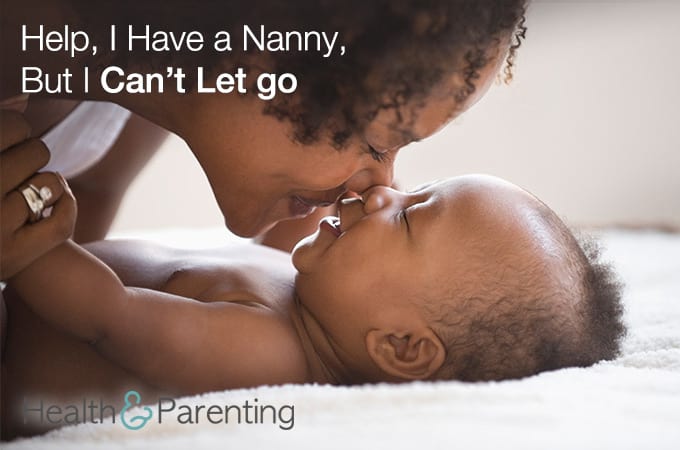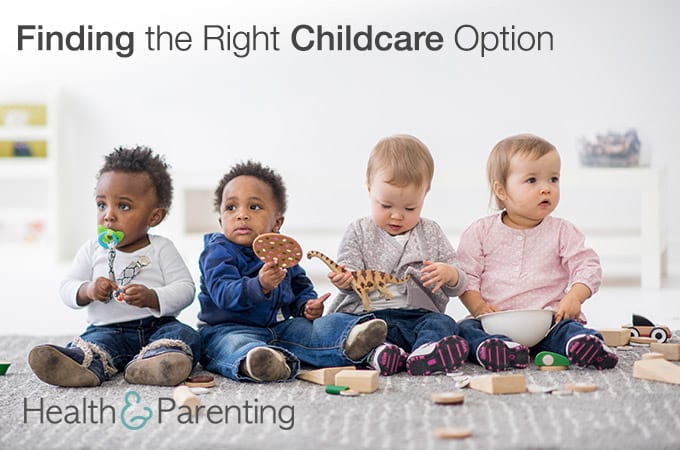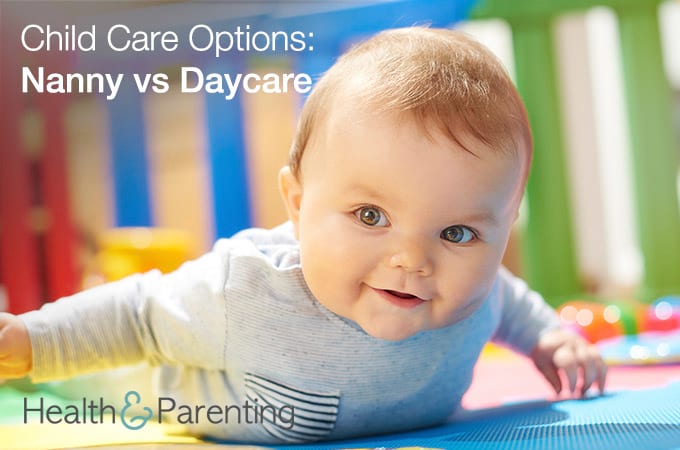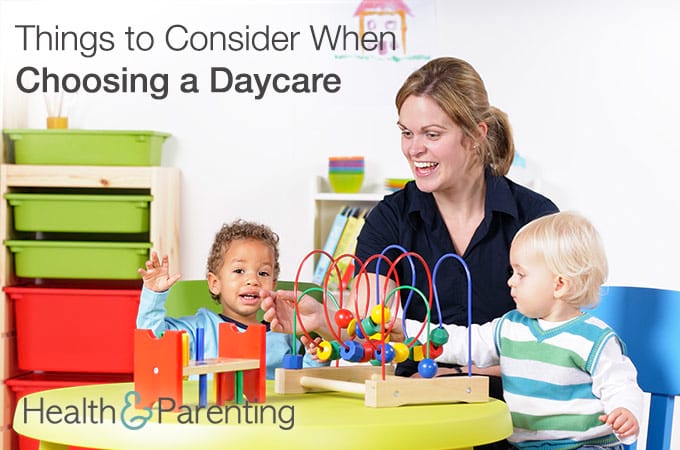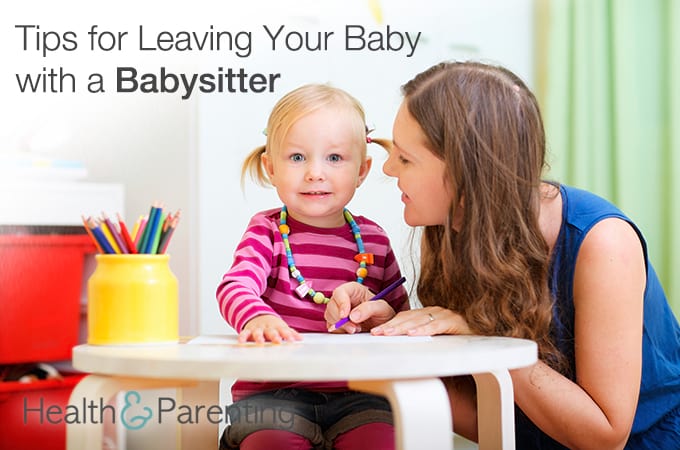Chances are you have been trying to put off looking for a childcare provider for your baby as long as possible. If you are like most moms, thinking about WHO will take care of your baby BEFORE you have even given birth, seems a bit counter-intuitive. Plus, all the waiting around, and your accumulation of maternity leave and vacation time from work, likely makes you feel like there is no rush to choose a daycare provider, especially in the third trimester of pregnancy. Right? Wrong! Here’s why.
Firstly, you might be shocked to start your search for the perfect daycare, find one – and then find out that you have to be put on a waiting list for several months to a year. In the United States, many of the premiere daycare centers have waiting lists a mile long, especially for the newborn, infant and baby rooms. The reason is simple. There are only so many babies that these daycare centers are legally allowed to have per room. Secondly, there is a high demand for top-notch facilities. And in order to find the best facility for you and your baby, you will have to do a lot of research and door to door visiting of daycare centers so that you can get an ‘intuitive feel’ for the center before enrolling your child.
As you begin to search for a daycare center, you may want to make impromptu stops at daycare centers without appointments so that you can see how things are run when the center is not expecting a visitor. Certainly you will have to check in with the front office staff before touring the center, but not allowing the center time to ‘prepare’ in order to make a good example to gain a customer is a smart way to check the integrity of a daycare center.
When you tour, pay attention to the children and your intuition. Do the kids look happy? Are there adults present at all times? Do you get a good feel from the staff that is in charge of the daycare center? Are all of the employees certified to care for children? Are doors locked and secure? Pay close attention to how things are organized, and come prepared with as many question as possible. Also, avoid making a hasty decision – and try to visit a center that you are interested in at least 2 -3 times before committing so you can get a better feel of the day to day operations.
You should also check online for any complaints or problems with a daycare center. Sometimes, you will find problems or concerns from other parents in forums or local listings specific to your town. Also, check in with neighbors and other moms around your area to see which day care centers they would recommend, and which ones they would not. Other moms can be your greatest source of information, especially if they have personal experience with the daycare center.
Certainly, looking for a daycare center in your third trimester can be bittersweet. If you know you are going back to work, and know that you will have to rely on a daycare for your child, it will be much easier to research and visit the daycares, prior to having your baby than it will be afterwards.
Also, don’t totally count out in-home day care centers, which can also provide a loving, more personal environment for your child. If you go to an individual for your daycare needs, you should do not just a background check on the provider, but also ask to see all credentials they have which allow them to care for children in their home.
Remember, the most important decision you will make after you have your baby is who will care for your child in your absence. Use your best judgment and don’t be afraid to rely on your feelings and intuition to help you make a decision.
Written By Stef, Mom of 4 @MOM-SPIRATIONAL
This information is not intended to replace the advice of a trained medical doctor. Health & Parenting Ltd disclaims any liability for the decisions you make based on this information, which is provided to you on a general information basis only and not as a substitute for personalized medical advice. All contents copyright © Health & Parenting Ltd 2017. All rights reserved.


